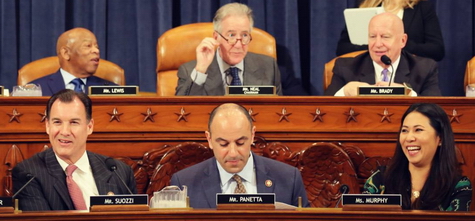
The Treasury Department and IRS in a recent notice indicated their intent to issue proposed regulations clarifying that state and local income taxes imposed on, and paid by, a partnership or an S corporation are deductible in computing the partnership or S corporation’s taxable income. (IRS Notice 2020-75)
- The announcement has important implications for real estate and other businesses operating in States with high state and local income tax burdens. The Tax Cuts and Jobs Act of 2017 limits taxpayers’ ability to deduct state and local taxes (SALT) paid at the level of the individual taxpayer to no more than $10,000.
- The SALT limitation in TCJA applies to state and local taxes owed on individual wages, as well as state and local taxes paid on business income distributed to partners or S corporation shareholders. In contrast, state taxes on corporate income remained deductible under the 2017 legislation. However, prior to Notice 2020-75, it was unclear whether the SALT limitation applied to entity-level income taxes imposed on, and paid directly by, a partnership or S corporation.
- The Treasury announcement is an important step towards creating a more level playing field between publicly held C corporations and privately held pass-through businesses.
- Over the last three years, several States have modified their tax laws to allow partnerships, S corporations, and LLC’s to pay tax on their business income at the entity level. States adopting an entity-level tax on pass-throughs include Connecticut, Louisiana, Maryland, New Jersey, Oklahoma, Rhode Island, and Wisconsin. In most cases, the regimes are elective. (CNBC, Nov. 18)
- Uncertainty about the federal tax treatment of these regimes has limited their effectiveness. That could change quickly with the new Treasury guidance. Similar legislative proposals are pending in Alabama, Arkansas, Michigan, and Minnesota and more may follow in light of Treasury’s clarification. Entity-level regimes that comply with the Treasury regulations could help restore SALT deductions for a significant share of pass-through business income.
Other tax and economic policy issues affecting real estate were addressed this week in a CBRE panel discussion that featured Roundtable Senior Vice President and Counsel Ryan McCormick and other industry experts. (video)
# # #
